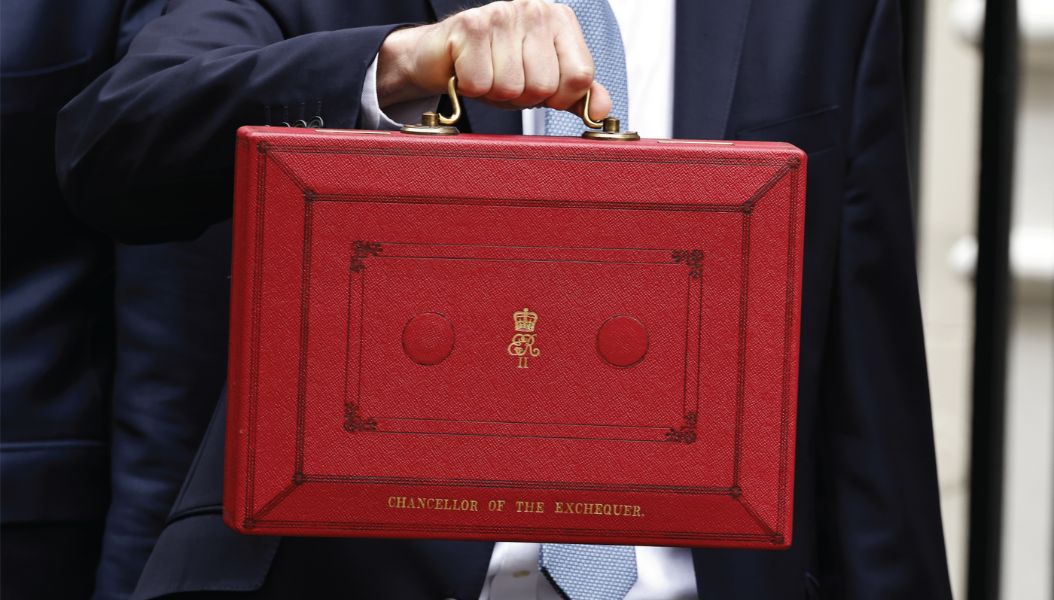Independent financial adviser, Matthew Jeffery, looks at the key announcements aimed at revitalising the economy while addressing key concerns of workers and parents
Chancellor Jeremy Hunt positioned worker and parental tax cuts at the core of his Spring Budget 2024 in a move to bolster the economy. The most substantial change announced was a 2p reduction in the rate of Class 1 National Insurance paid by employees. This tax cut will be compensated for through tax rises in other areas, including business class airfares, short-term holiday let owners, vapes and tobacco.
By contrast, a few taxes remain unchanged, such as fuel duty and alcohol duty, thereby providing some relief to consumers. In addition, the income limit for parents to qualify for child benefits has been increased, expanding the number of families eligible for this support.
A new initiative, dubbed ‘British ISAs’, has been introduced to stimulate investment in UK companies. These ISAs grant an additional £5,000 tax-free allowance for savings invested domestically.
These moves by Mr Hunt are seen as an attempt to revitalise the economy while addressing key concerns of workers and parents. Our guide to the Spring Budget 2024 summarises the key points announced.
Public debt, inflation and the economy
Growth
- Office for Budget Responsibility predicts the UK economy to grow by 0.8% this year and 1.9% next year
- Growth of 2% predicted for 2026, with 1.8% in 2027 and 1.7% in 2028
Public debt
- Public debt, excluding Bank of England debt, is forecast to be 91.7% of GDP this year, rising to 92.8% next year
Inflation
- UK’s inflation rate is forecast to fall below the 2% target by the end of June, falling to 1.5% next year
Taxation
- Class 1 National Insurance Contributions (NICs) cut for employees from 10% to 8%, and for the self-employed, Class 4 NICs cut from 8% to 6%
- ‘The NICs cut means an additional £450 a year for the average employee or £350 for someone self-employed’ Mr Hunt said
- Non-UK domiciled tax regime for UK residents whose permanent home is overseas to be replaced with new rules from 2025
- £5,000 UK Individual Savings Account (ISA) tax allowance for savers investing in ‘UK-focused’ shares to be set up following consultation
Benefits and income support
- The High Income Child Benefit Charge, which affects payments if one parent earns above £50,000 a year, is to move to a household-based system – the threshold will rise to £60,000 from April in the meantime
- Partial Child Benefit to be paid where the highest earner earns up to £80,000
- Longer repayment period for people on benefits taking out emergency budgeting loans from the government
- Government fund for people struggling with cost of living pressures to continue for another six months
- £90 admin fee to obtain a debt relief order scrapped
Transport and energy
- Fuel duty frozen again, with the 5p cut in fuel duty on petrol and diesel, due to end later this month, kept for another year
- ‘Windfall’ tax on the profits of energy firms, which had been scheduled to end in March 2028, extended until 2029
- Air passenger duty, the tax paid on flights goes up for business class tickets
- £160 million deal for UK government to purchase site of planned Wylfa nuclear site in North Wales
- A further £120 million for government fund that invests in green energy projects
Housing
- The higher rate of property Capital Gains Tax will be reduced from 28% to 24%
- Tax breaks for owners of holiday let properties scrapped. Mr Hunt said the furnished holiday lettings regime created ‘a distortion meaning that there are not enough properties available for long-term rental by local people’
- Stamp Duty tax break when purchasing multiple properties (Known as Multiple Dwellings Relief) in England or Northern Ireland to end in June
Cigarettes, vapes and alcohol
- Freeze on alcohol duty, which had been due to end in August, to continue until February 2025, benefitting 38,000 pubs across the UK
- New tax on vaping products from October 2026, linked to the levels of nicotine
- Tobacco duty to go up £2.00 per 100 cigarettes at the same time to ensure vaping remains cheaper
Business and investment
- The threshold at which small businesses must register to pay VAT raised from £85,000 to £90,000 from April
- COVID-era government loan scheme from small business extended until March 2026
- Tax reliefs for touring and orchestral productions, which had been due to end in March 2025, made permanent
Other measures
- To help people, a new British Savings Bond, delivered through NS&I, will offer a guaranteed rate and fixed for three year
- 40% corporate tax relief for film and TV studios through 2034
- New tax credit for independent films shot in the UK that have a budget of less than £15m
- 5% increase in credit for visual effects in film and high-end TV, along with the removal of the 80% cap
Download our full budget guide
THIS ARTICLE REPRESENTS THE VIEWS OF THE ADVISER AND DOES NOT CONSTITUTE AS FINANCIAL ADVICE.

